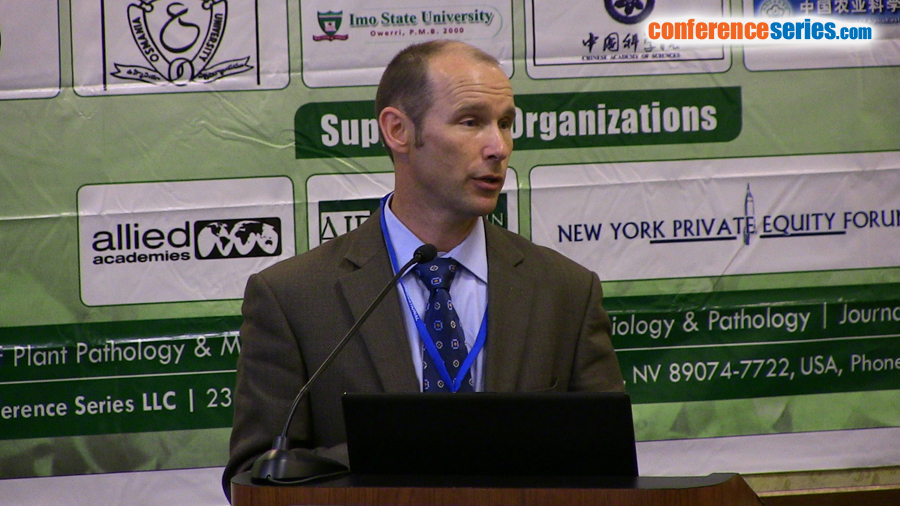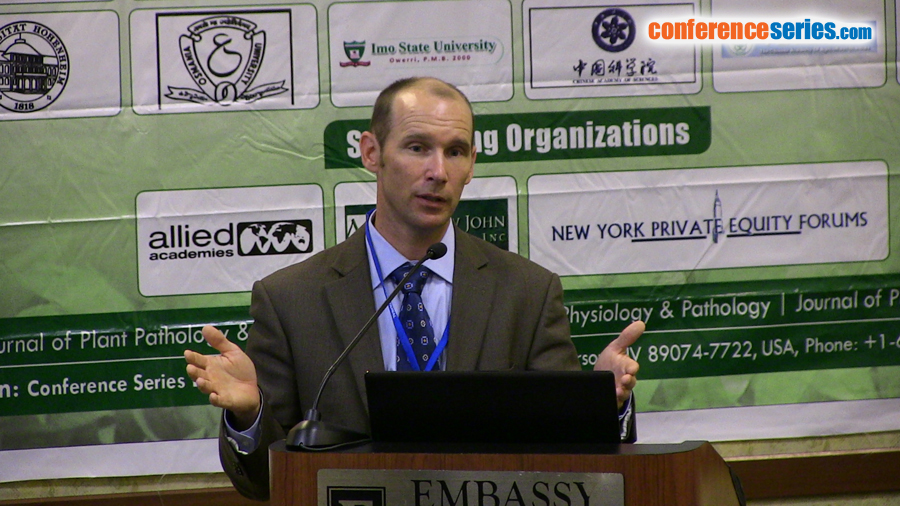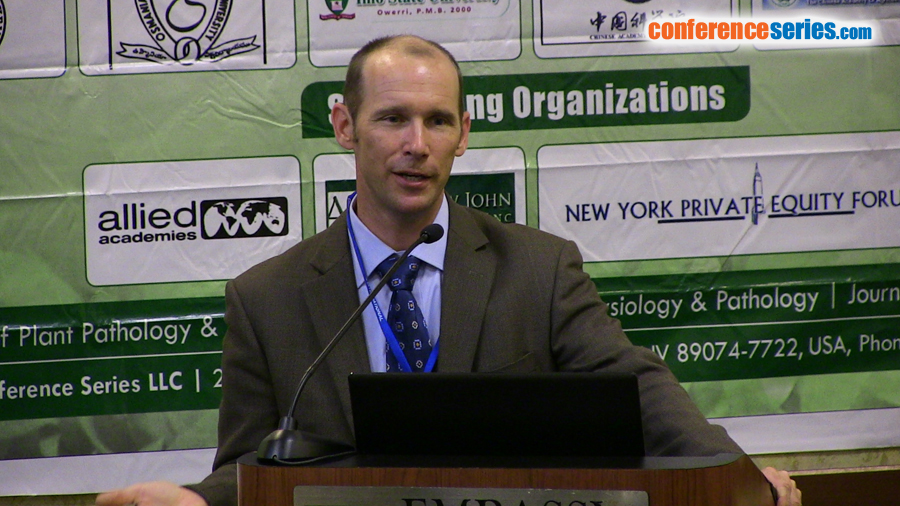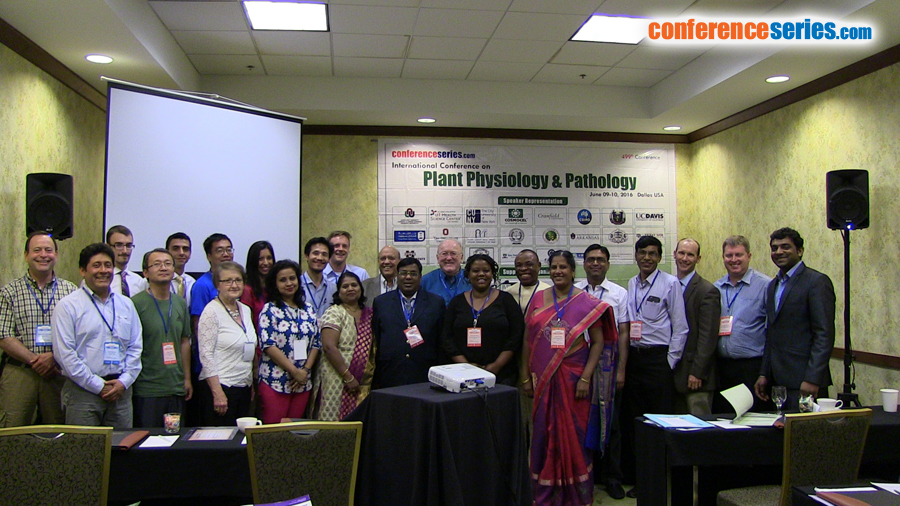
Gaylon Morgan
Texas A&M University
Title: Summary of a Multi-year Soil-Applied Potassium Trial in Cotton
Biography
Biography: Gaylon Morgan
Abstract
Potassium (K) deficiencies in multiple row crops, specifically cotton, is a major concern to producers in South and central Texas. Previous research has documented that cotton is more sensitive to low K availability than other major field crops, and often shows symptoms of K deficiencies on soils not considered deficient. Therefore, the first objective was to quantify the K soil levels, surface and with depth, from several major cotton production regions in Texas experiencing K deficiencies. The second objective was to evaluate the impact of applications methods on K and rates on cotton yield, quality, and return on investment. Based on these findings, soil K recommendations will be re-evaluated and modified as appropriate to optimize cotton yields. Potassium was applied at rates of 0 - 160 lbs/a as broadcast incorporated applications and as injected applications in the Blacklands of Texas and Upper Gulf Coast region. In the 2012-2015 trials, positive lint yield responses to applied K were obtained at the majority of the sites. Higher lint yield responses were obtained when soil test levels were deficient; however, significant yield response also were obtained at some sites with greater than threshold K (125 ppm K). At responsive sites, the liquid K injected increased had a greater response on lint yield compared to broadcast incorporated K, but was year dependent. At yield responsive sites, applied K did impact cotton fiber quality characteristics, including length, strength, and micronaire. These trials were partially funded by Cotton Incorporated, IPNI, and Fluid Fertilizer Foundation.





